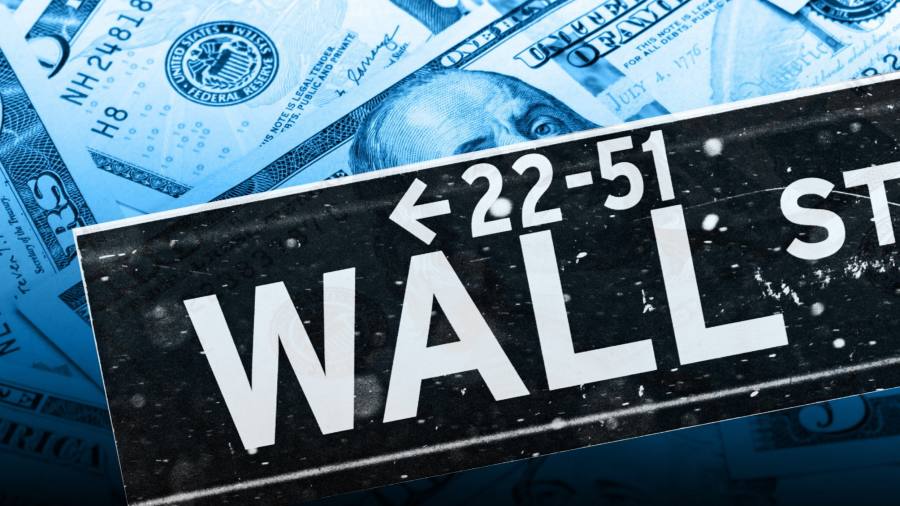The writer is a former investment banker and author of ‘Power Failure: The Rise and Fall of an American Icon’
Once upon a time, if you wanted high pay and high prestige on Wall Street, you aspired to be a mergers and acquisitions banker, the person who advised corporate chief executives on their most important strategic deals.
And if you wanted the highest pay and the highest prestige, you aspired to be an M&A banker at groups such as Goldman Sachs, Morgan Stanley, Lazard and First Boston, the places where the biggest and most exciting M&A deals were happening.
In those days, it was nothing for a first-year M&A managing director at Morgan Stanley to be paid $1.5mn, or more. And if you were a rainmaker such as Felix Rohatyn, at Lazard, or Bruce Wasserstein, at First Boston, your pay was easily in the tens of millions of dollars a year, back when that was still considered real money.
No more. A host of factors have conspired in the past 25 years to reduce the pay and the prestige of the M&A adviser and other investment bankers — such as those who specialise in executing debt and equity underwritings — to levels that once would have been considered unacceptable.
What used to be first-year managing director pay of $1.5mn is now more likely to be $800,000, bankers tell me. That is still a lot of money but not quite what it was when M&A bankers were the alpha males of Wall Street. “And it’s not coming back,” one top longtime M&A banker told me.
There are myriad impediments to investment-banking specialists getting paid like they used to. At most of the big Wall Street banks, investment banking is no longer a driving force of the business — in fact, it is increasingly subordinated to less flashy areas such as wealth and asset management, trading, traditional lending and credit-card receivables.
With the overall volume of investment banking revenues down considerably from the absurdly high pandemic levels, lowering investment banking remuneration is the easiest way to cut expenses quickly. And the big banks are reducing compensation-to-revenue ratios without apology. Where once the compensation expense ratio was in the low 50 per cent of revenue in investment banking, the percentage is now in the 30s.
Back in 2012, James Gorman, then as now the chief executive of Morgan Stanley, bluntly told employees unhappy with the prospect of smaller paychecks: “If you’re really unhappy, just leave. Life’s too short.”
I suspect Gorman could say the same thing today. JPMorgan Chase, Goldman Sachs, Morgan Stanley, Bank of America and Citigroup are all cutting banking jobs, as is my old firm, Lazard. Even William Blair, the Chicago-based boutique investment bank, is reducing headcount. And European banks by and large are still trying to recover from the 2008 financial crisis.
All hope is not lost. There are big paychecks still to be had in some corners of the Wall Street investment banks, explains Gary Goldstein, chief executive of Whitney Group, a longtime Wall Street recruiter. “It’s all about relationships now,” he tells me.
The bankers getting paid the most on Wall Street these days — as much as $5mn a year, or more — are those responsible for maintaining and nurturing the relationships with the big alternative asset management groups, such as Blackstone, KKR and Apollo, which are collectively the biggest fee payers to Wall Street. Or the bankers working with the buyout groups on leveraged finance deals. “The guys that have real deep sponsor relationships are still getting paid well,” Goldstein says, agreeing that the execution-oriented investment bankers are no longer at the top of the Wall Street heap.
Still, the very best M&A bankers — those that combine execution skills and enduring relationships — can be paid extremely well, although they may have to leave Goldman or Morgan Stanley and head to successful M&A boutiques such as Centerview Partners, Evercore, Moelis & Co, PJT Partners, Guggenheim Partners and Perella Weinberg Partners. Here, profit margins are still high and the risks of capital losses are low, or non-existent.
Of course, the new Kings of Wall Street are not the Wall Street banks, big or small. That title belongs, rightly, to the Blackstones and the Apollos of the world. These groups — growing rapidly, lightly regulated, nimble and diversified — are where the really big money on Wall Street can still be made. At last check, Steve Schwarzman, the co-founder of Blackstone was worth about $30bn. It is no wonder then that the best and the brightest on Wall Street are flocking to work with him.


